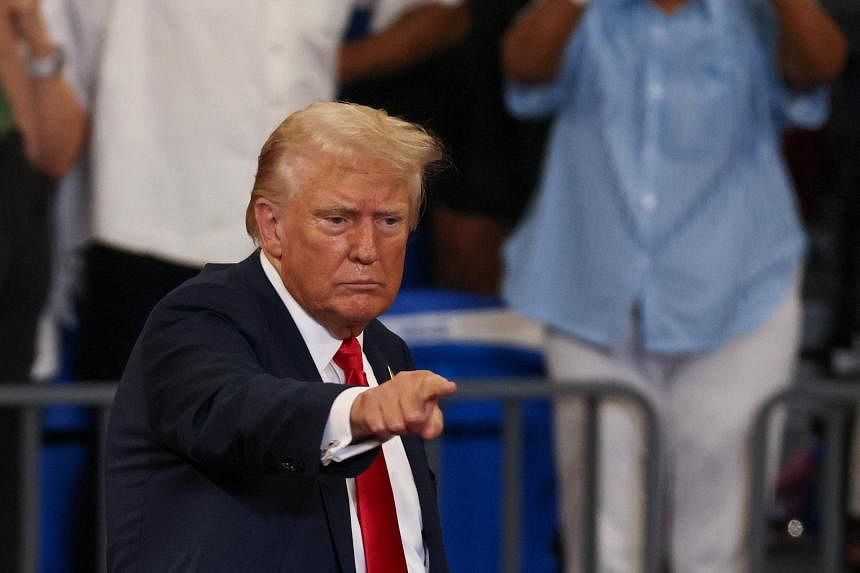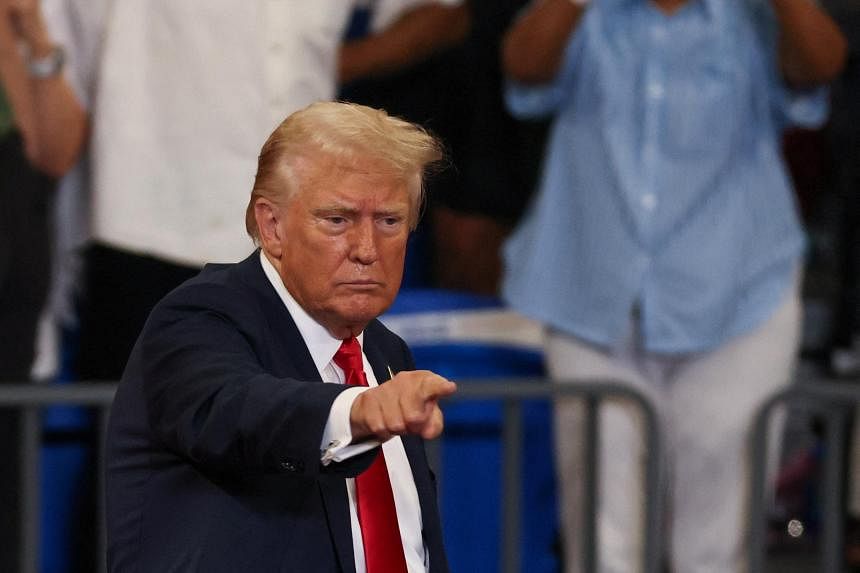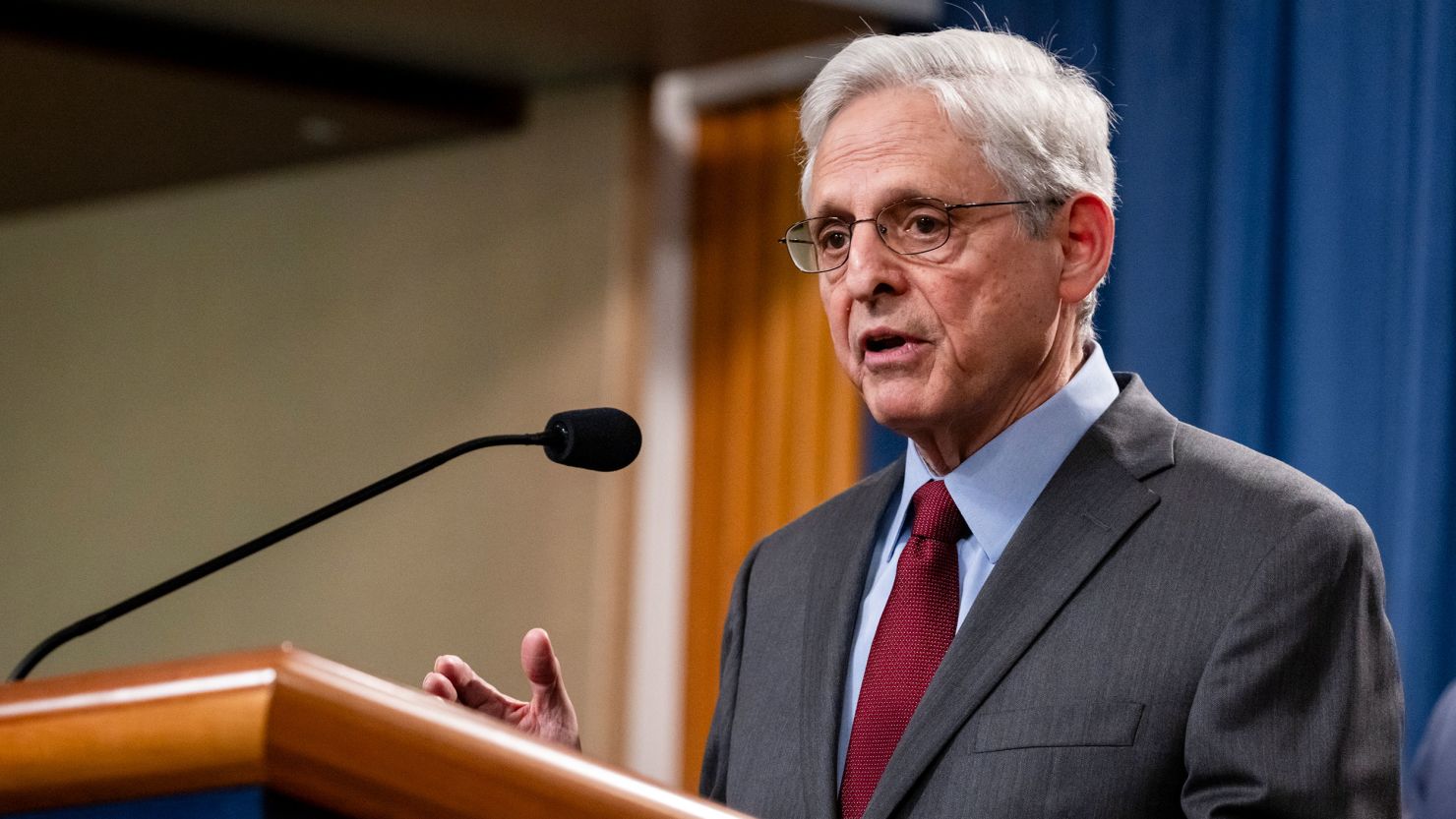The federal judge overseeing the case against Donald Trump's classified documents is facing criticism for not reporting luxury trips to Montana.

dailymontanan.com
What was a Florida judge who is presiding over a Trump trial doing in Montana?
By:

Photo illustration (Photo illustration via Pxfuel | Public domain).
Montana has suddenly become part of the storyline in one of former President Donald J. Trump’s federal trials, this one focusing on whether he took and hid classified documents from his presidency.
The federal trial, which includes special prosecutor Jack Smith, is being overseen by federal district court Judge Aileen Cannon, a judge appointed by Trump during his presidency.
Trump is also the presumptive GOP nominee for president in 2024.
However, reporting by National Public Radio shows that Cannon traveled twice recently to a luxury resort in Pray, Montana, to attend a conservative legal conference,
but failed to disclose the trips, which
some estimate cost in the tens of thousands of dollars apiece.
Federal guidelines do not prohibit a sitting federal judge from taking luxury vacation, even paid for by another person or group, so long as they are disclosed and documented.

Judge Aileen Cannon, a federal judge in the Southern District of Florida.
Since NPR first reported the story, Cannon has amended a required filing, documenting the trip, but who paid for the travel remains unclear. The conferences, which she attended at Sage Lodge, were sponsored by the George Mason School of Law, a conservative leaning law school with deep ties to
Leonard Leo and the Federalist Society.
Cannon attended two “judicial education programs” sponsored by the George Mason University’s Antonin Scalia Law School, called the “Sage Lodge Colloquium.” Both were week-long seminars during the last week of September in 2021 and 2022, respectively.
The
luxury lodge in Pray boasts a spa and locally-sourced food from the area. It bills itself as “the ultimate Montana luxury resort getaway.” A search for accommodations on the website reveals a nightly retail rate of between $819 and $5,436.
The lecturers at the seminars featured an array of scholars, experts, reading assignments and lecturers, largely from the GMU faculty. Some of the topics were esoteric, like “Law, Lawyers and Courts in Early Crime Classics,” to more modern topics like “Climate Change and the Common Law.”
Some of the speakers were better known in the region, including Cam Sholly, superintendent of Yellowstone National Park, who gave a fireside chat during one of the evenings.
Other presentations included several sessions by Todd Zywicki, a GMU Foundation professor of law and a senior fellow at the Cato Institute. In 2022, he presented two sessions, according to the published agenda, including “Woke Law!” And “Unprofitable Education: Student Loans, Higher Education Costs, and the Regulatory State.”
The 2022 Colloquium was billed as a special “YELLOWSTONE” edition, and focused on land and issues of the American West, according to the schedule, with sessions on the history of public lands in the West, and titles of seminars, “This is MY LAND” and “Whose River Is It?”
The Colloquium partnered with the Property and Environment Research Center, PERC, an established and well-known group in Montana. PERC has its roots at Montana State University but is now a stand-alone organization that examines how free markets can improve the environment.
The 2022 session featured a session on “Bootleggers and Baptists,” an economic theory that posits some groups that would seem opposite support the same policy for different reasons. In the classic example, proposed by Bruce Yandle, both bootleggers and Baptists favored a prohibition on alcohol, but for different reasons. Both groups, who disagreed about alcohol supported the bans for their own gain. The theory examines how leaders in politics and the courts “broker” power within those groups, and the effects of those policies.
On Tuesday, Cannon also pushed back a deadline for filings in the case against Trump regarding classified documents, making it appear more likely that the trial may not resume before Election Day 2024. Trump’s trial was scheduled to being on May 20, but a new date has not yet been established by Cannon, according to the federal docket.
this trial is DOA. Trump will just appeal and SCOTUS will just keep ruling in his favor

this trial is DOA. Trump will just appeal and SCOTUS will just keep ruling in his favor









 dailymontanan.com
dailymontanan.com

 Judge Aileen Cannon, a federal judge in the Southern District of Florida.
Judge Aileen Cannon, a federal judge in the Southern District of Florida.